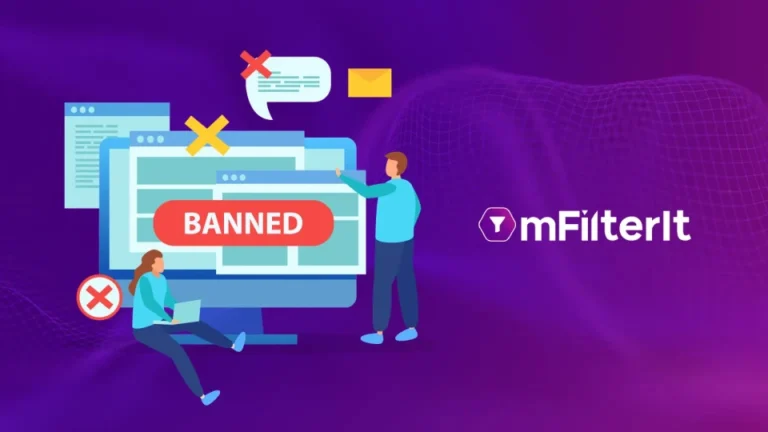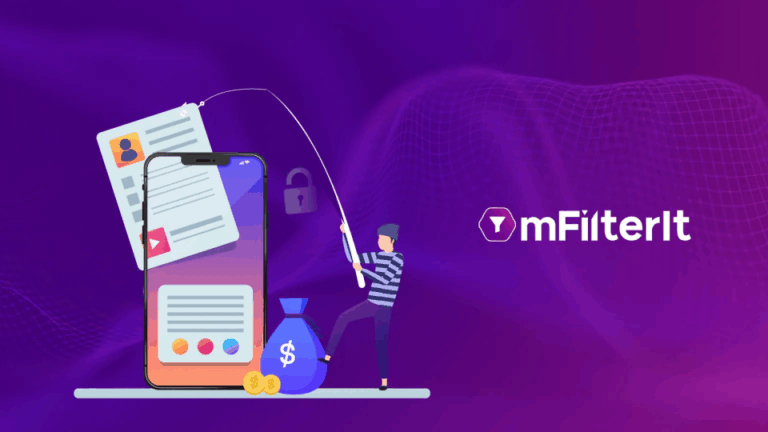Hands off my brand!
The ever-expanding digital landscape invites for a major challenge and threat faced by the brands of today-Brand infringement. The pandemic has further accelerated the threat of this abuse where the consumer and brands are being victims of scams, impersonation, fraud among many such cases of abuse.
Brand Infringement is an umbrella term that encompasses brand abuse when there’s an attempt to exploit the reputation or enjoy the goodwill of a brand for profit or any other malicious intent via fraudulent and unlawful schemes: stealing or using brand’s IP assets such as copyrighted works, patents, impersonating the brand, trademark stealing, counterfeit products and much more. Such instances of brand infringement have a direct consequence on brand safety for it hurts the reputation and legitimacy of any established brand.
Ensuring brand reputation online is akin to using the Covid vaccine as a protection layer to protect your brand’s legacy in the digital world. Bad actors out in the market are always on the lookout to distort your brand’s reputation and online representation by misguiding YOUR consumers to benefit their motive. These fraudsters ride on consumer trust in the original brand to hoodwink them into buying the fake ones and eat the revenues of the original brand.
Research suggests that brand infringement goes beyond simply using a brand’s name:
- Business name (44%)
- Web domains (44%)
- Social media (38%)
- Online marketplaces (38%)
- Advertising campaigns (34%)
So what are the different ways in which your brand can be a victim of brand infringement, thus comprising your brand safety? Let’s have a look:
Trademark and Copyright Infringement
• Counterfeit /Replica Products
Counterfeit or replicas are those products that are intentionally made to look identical to the original product that belongs to a third party. Such products have the original brand’s trademarked names, logos symbols and are used without authorization of the original brand. It is done with a motive to deceive the customer to believe that their product is genuine
FMCG, Pharma, Content, Lifestyle are some sectors where counterfeit cases are rampant. Over 30% of online drugs brought are supposedly fake which is the reason behind the rising death cases in the country. A study also concluded that alcohol, Currency, and FMCG are the top sectors to see cases of counterfeit incidents in the last two years. A spike in cases being reported about fake hand sanitizers, masks, and PPE kits has been observed during the COVID crisis.
In another such instance, a case against the largest e-commerce giant was registered for selling counterfeit products on their platform.
Cybersquatting
• Brand Impersonation
Brand impersonation takes place in the form of a phishing attack where the criminals pretend to be representatives of a trusted brand or a company. They send out ‘official’ emails containing malicious content impersonating a bank or any other financial, government organization with the sole aim to gain access to the user’s personal data. Most of these fraudsters also call on behalf of the brand impersonating themselves as customer care representatives and asking for personal information.
In a recent known case of a Paytm data leak, fraudsters got hold of the entire customer data. They then shared SMS on ‘behalf’ of Paytm asking users to complete KYC verification. Upon dialing the concerned number mentioned in the SMS, the ‘customer care’ representative asked users to download a ‘Quick support app’ through which they gain mobile access and ultimately rob the consumer of their hard-earned money.
Typo-squatting
• Fake Sites
Typo-squatting essentially entails registering slightly changed variations of domain names of popular websites to divert traffic and reap the benefits of any established website. These scamsters rely on the small errors in spelling committed by the users and then present them with counterfeit products, or even worse, scams and viruses.
In one such instance, Flipkart was caught in the whirlwind of fake sites. In 2020, fake advertisements did rounds on various mobile browsers which directed users to the fake Flipkart website. The site had a complete look and feel of the official website and it had products at highly discounted rates, thus duping the user with fake products.
Repercussions
Losing control of your IP may have devastating consequences for your brand!
- Revenue loss
The title says it all. If a third party is selling products in your name, the revenue is landing in their account and not yours. Depending on the size, and success of the scamster’s business, your brand potentially stands to lose from a few dollars to millions.
- Reputation loss
Consumers often cannot differentiate between a genuine and a counterfeit product. What if they end up buying a counterfeit product or any cheap knock-off, and when they want to contact customer support, there’s no one? Given the fact that it’s not your fault such issues are bound to come back and haunt you.
- Loss of trust
Your brand name and goodwill speaks volume. It has your customer’s trust and they expect quality along with customer support. Your brand spends a lot of time making a name for itself and the same can be shattered with one bad instance. You might not realize the loss in monetary value at the beginning but in the long run, loss of trust impacts your top and bottom line altogether.
In the age of social media, everything is a click away. Be it gaining reputation or losing it. Brands are accountable for their brand safety and upholding the trust of their consumers. Intellectual Property (IP) laws exist to ensure that the creator gets due recognition and financial benefit from their creations. Increased digital penetration and adoption have made things difficult to keep track of and protect your brand’s IP. Fraudsters are constantly copy-pasting your hard-earned work to benefit their motives which could have massive losses for your brand. Our Brand hygiene protection marries brand safety with brand infringement issues to give your brand comprehensive online protection.



